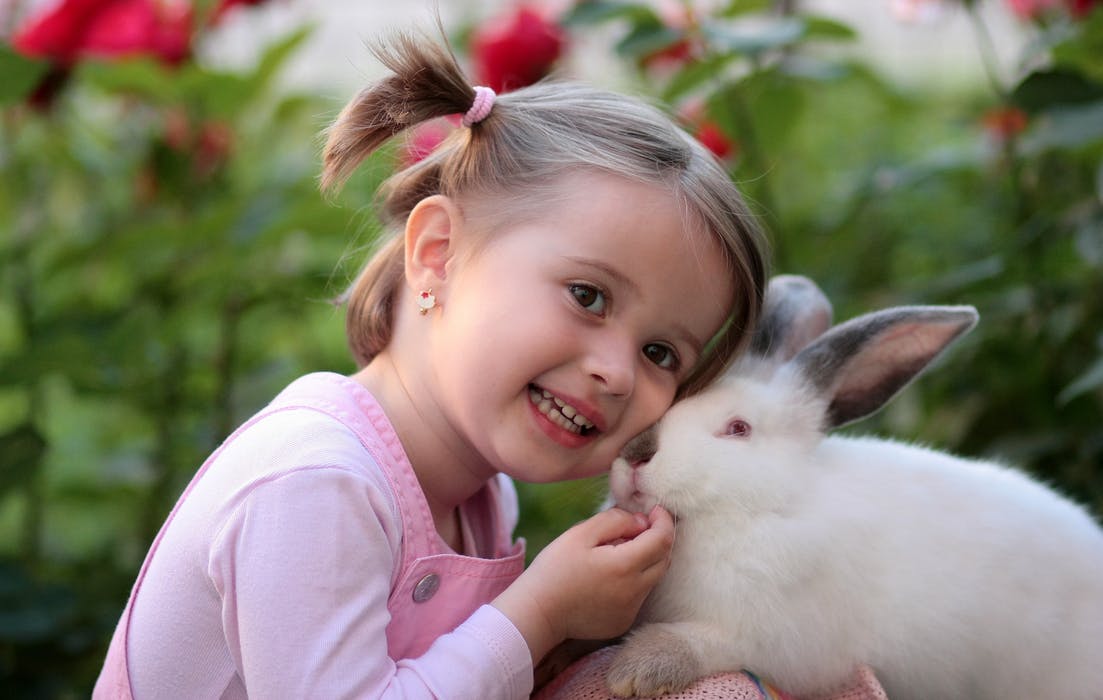
It’s intuitive to think that spending more time outdoors is a good thing, especially for developing children, but many parents don’t think about why that outdoor time is so important—and some aren’t making any active effort to encourage outdoor play. Those that are may encounter resistance from kids who prefer indoor activities.
So why is outdoor time so important in the first place, and what can you do to encourage more outdoor activities and recreation?
Why Time Spent Outdoors Is Important
Let’s start with a briefer on why time in the outdoors is important:
- Exercise. Your kids need lots of exercise to be healthy. It’s important to stave off obesity and improve cardiovascular health, but it’s also important for establishing a foundation of strength, endurance, and flexibility. Not only that, but establishing exercise habits in youth make it likely they’ll keep those habits well into adulthood.
- Exploration. Being outside also allows children to explore new areas, whether it’s a new park, or just a new section of the backyard. Those new experiences are learning opportunities that lead to a more diverse kind of development.
- Experimentation. Kids can skip stones, pick flowers, and expose themselves to all kinds of different textures, plants, and animals in their environments. This hands-on experimentation is important to learn how the world really works.
- Memories. Outdoor play leads to the development of strong memories. Your children will cherish their time outside for years to come.
- Vision. Spending time outside is important for your kids’ vision to develop properly; too much time indoors is associated with nearsightedness.
- Learning. Encountering new plants and animals is the perfect opportunity to teach your child about them and increase their knowledge about the world.
- Socialization. Depending on where you go, you’ll likely run into other parents taking their kids outside. This makes it a perfect chance for your child to socialize with others, and develop their social skills.
- Health. Being outside may also be good for improving other elements of health, such as reducing the chance of asthma development and improving the immune system.
How to Encourage More Outdoor Play
These are a handful of strategies that you can use to encourage more outdoor play:
- Build more outdoor structures. You could make your backyard a more attractive place to play by adding more outdoor structures. For example, Woodtex offers advanced 3D modeling that allows you to build a custom shed, which could be used to store outdoor toys and games. You could build a swing set, or a makeshift obstacle course using materials you probably already have. That way, your child will always have a reason to go outside.
- Go to lots of different parks. You can also make it a point to go to lots of different parks. Your child will likely be impressed at all the new playground equipment, as well as the new surroundings. They may be excited to go to your regular park (if they have a favorite), but they’ll also be thrilled at the idea of going on an adventure.
- Get involved. Countless psychological studies show that parents serve as strong behavioral role models for their children. In other words, the behaviors you engage in, and the habits you make will have a strong influence on the behaviors and habits of your children. The more time you spend playing outdoors, the more time they’ll want to spend doing the same. Get involved, and show your children how fun it is to be outside.
- Limit indoor activity time. You can make the outdoors more appealing by making the indoors less appealing. Put a strict limit on the indoor activities your child is most tempted to engage in, such as watching movies or playing video games. If they use up their video game hours early on, they’ll be forced to go outside and play when they’re bored.
- Try out new games and activities. New things tend to be more exciting for young children, and studies show that novelty makes things more memorable. Go out of your way to invent new ways to play outside, such as creating treasure hunts or scavenger hunts, or using your imagination to play different roles or tell stories as you play together.
Your child doesn’t have to spend the majority of their time outside, but even an hour or two a day (assuming good weather) can be enough to positively affect their development. Not all of these strategies will work well with all children, but as long as you find one or two motivations that work for your child, you can start developing a habit that will nurture and sustain itself in the long run.
